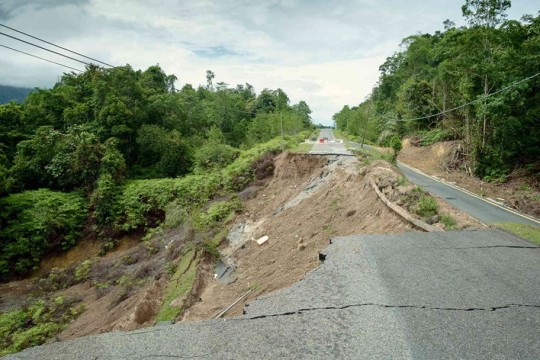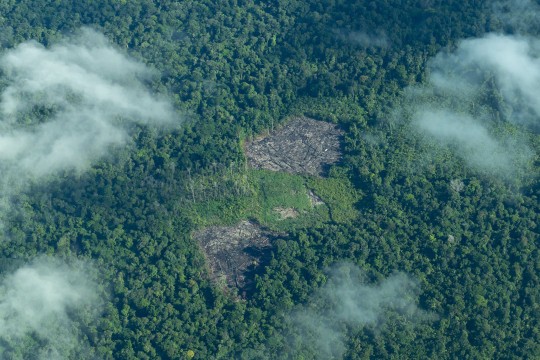
Nishant Malik
Assistant Professor
Nishant Malik
Assistant Professor
Education
BS, MS, University of Delhi (India), M.Tech, University of Hyderabad (India), Ph.D., University of Potsdam (Germany)
Bio
Dr. Malik did his Ph.D. at the Potsdam Institute for Climate Impact Research in Germany under the supervision of renowned mathematical physicist Juergen Kurths. Subsequently, the Physical Society of Berlin awarded him the Carl Ramsauer Prize in 2012 for his Ph.D. work. Before joining RIT, he worked as a postdoc at Dartmouth College and UNC-Chapel Hill. Dr. Malik has a wide range of research interests in data-driven analysis and modeling of complex systems. In his research, he employs tools from network science, the theory of nonlinear and stochastic dynamical systems, and applied statistics and enjoys working on mathematical problems across disciplines in natural and social sciences. For more information, please visit Dr. Malik's personal webpage and the Complexity Lab @RIT his research group page.
Select Scholarship
Currently Teaching
In the News
-
May 14, 2024

Researchers introduce new way to study, help prevent landslides
Prevention Web highlights a study co-authored by Nishant Malik, assistant professor in the School of Mathematics and Statistics, about developing a new method using machine learning to accurately predict landslide movements, aiding global risk assessment efforts.
-
April 8, 2024

Researchers introduce new way to study, help prevent landslides
Landslides are one of the most destructive natural disasters on the planet, causing billions of dollars of damage and devastating loss of life every year. A global team of researchers has provided help for those who work to predict landslides and risk evaluations.
-
February 22, 2024

RIT researchers highlight the changing connectivity of the Amazon rainforest to global climate
The Amazon rainforest is a unique region where climatologists have studied the effects of warming and deforestation for decades. With the global climate crisis becoming more evident, a new study is linking the Amazon to climate change around the rest of the world.
-
October 20, 2020
Malik named to editorial board of journal








